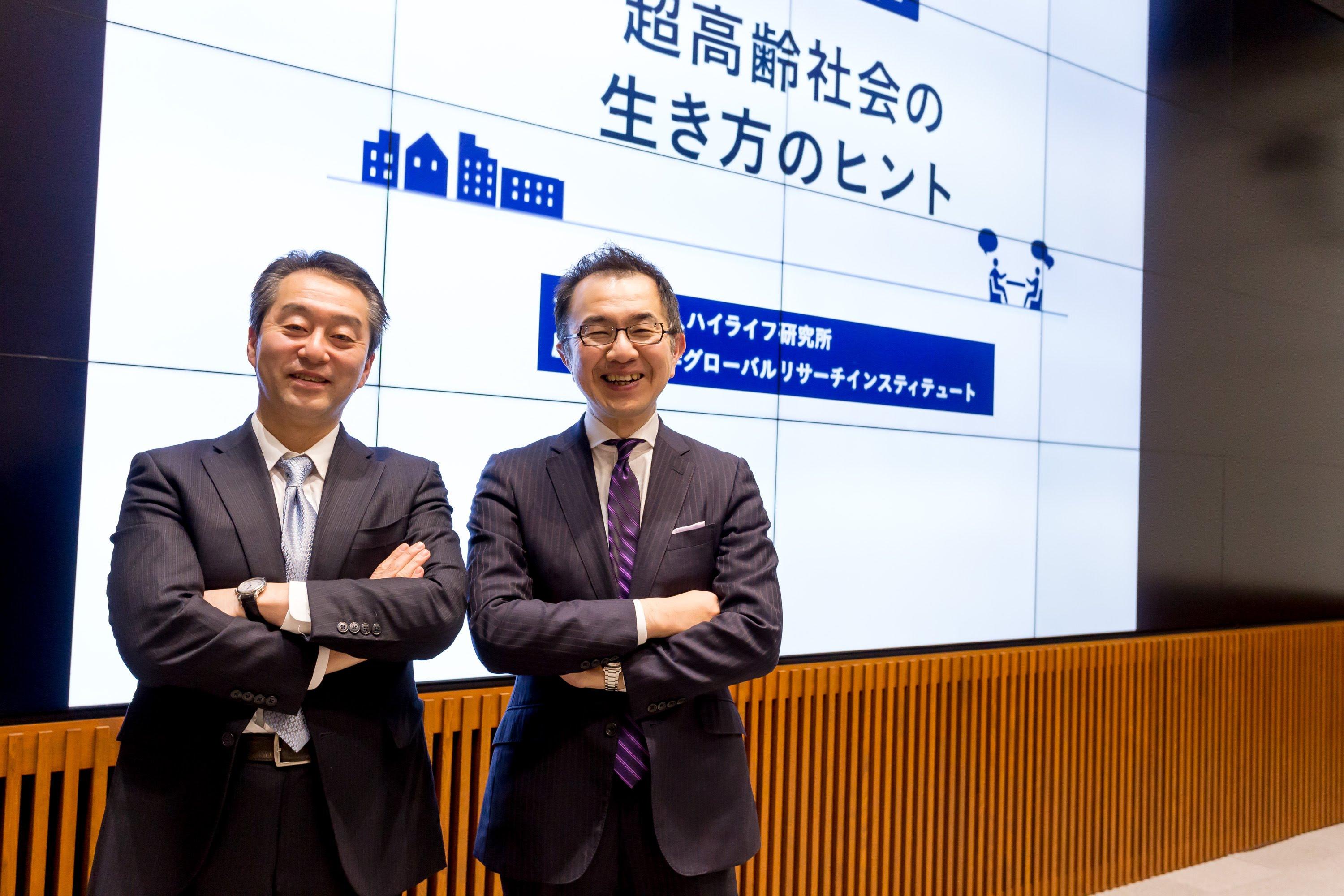Discussions and Interviews
Interview Between Yasumichi Arai, Expert on Japanese Supercentenarians and Akira Shimizu, Pioneer in the Field of Marketing for Elderly Japanese, with Their Research Facilitated by Japan's Being a Developed Country with a Long Average Life - Expectancy
The 30th High Life Seminar titled "Hints for Living in a Super-aging Society" was jointly hosted by the Research Institute for High Life and the Keio Global Research Institute (KGRI) Longevity Initiative on March 5, 2018.
Poster
Yasumichi Arai (School of Medicine) and Akira Shimizu (Faculty of Business and Commerce) both took to the stage as speakers representing Keio University at this event, which proved to be the platform for an encounter between these experts in disparate fields. With this in mind we asked the two to engage in a dialogue focused on the impressions and thoughts occasioned in the other by their respective talks there. We also had them discuss the interdisciplinary and transdisciplinary research to which KGRI aspires.
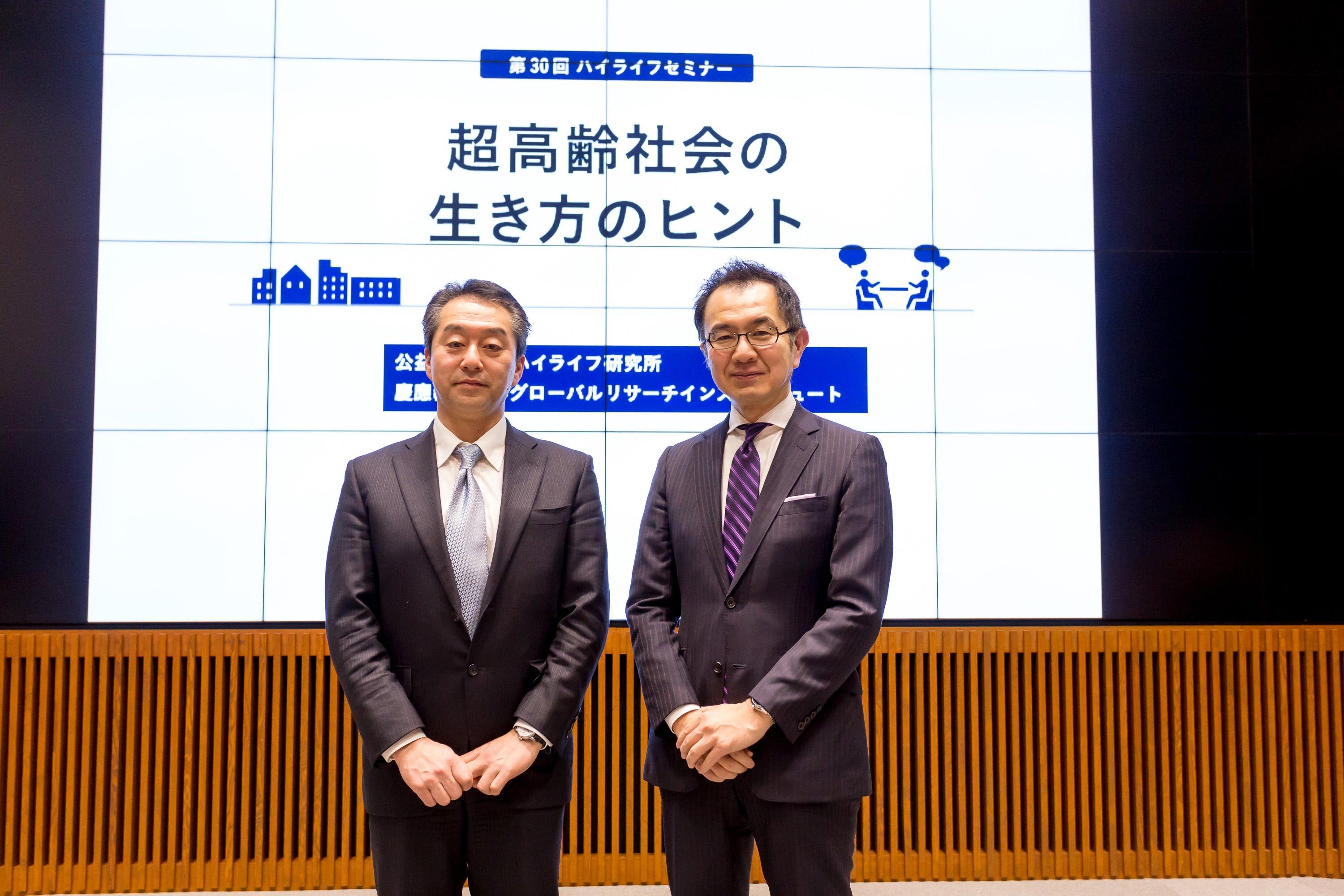
Yasumichi Arai (photo left)
Assistant Professor, Center for Supercentenarian Medical Research, School of Medicine, Keio University
1991 - Completes Doctor of Medicine (M.D.), Keio University School of Medicine.
Certified Physician of the Department of General Medicine, The Japan Society of Internal Medicine
Medical Specialist and Certified Physician, Councillor, The Japan Geriatrics Society
Medical Specialist and Certified Physician, Councillor, The Japan Atherosclerosis Society
Akira Shimizu (photo right)
Professor, Faculty of Business and Commerce
1988 - Graduates from Graduate School of Business and Commerce.
1991 - Completes course requirements, Graduate School of Business and Commerce.
2005 - Obtains Ph.D. in Business and Commerce.
Areas of expertise: Consumer behavior and marketing strategy
SHIMIZU:To get things started please tell us a little about your background.
ARAI:As an Assistant Professor at the Center for Supercentenarian Medical Research in the School of Medicine, Keio University, I have taken up the research theme of "Health and longevity." This involves looking at the "Life modes of people of accelerated years" from various perspectives, targeting centenarians - that is persons who are significantly older than 100 years old - as well as persons aged 85 and older.
Originally I was a doctor of internal medicine specializing in the elderly - a "geriatrician" - engaged in clinical practice. While most doctors from university hospitals aspire to becoming specialists I took the path of a "generalist."
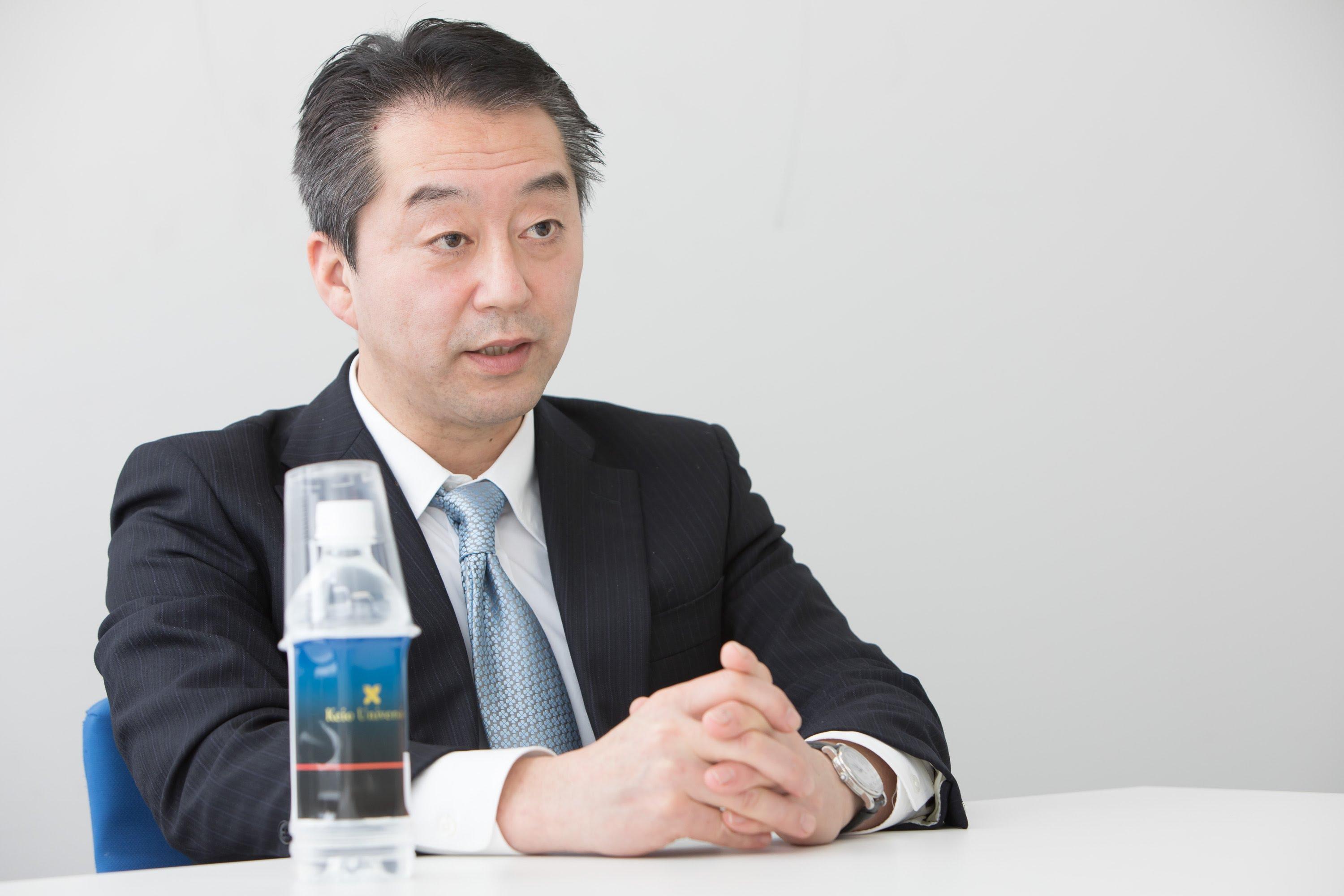
The ideal form of research on centenarians is to encompass non-medical facets in learning about the lives of those who have lived for a very long time, covering their disease status, personalities, and attitudes to life. While I think that living to the age of 100 is in and of itself an impressive feat, when we delve deeper into these people, it becomes clear that there may not be anything particularly remarkable about them.
There is no avoiding the fact that one will undergo a gradual loss of "health" as one ages. Research on centenarians is largely comprised of research on the factors which inform health and longevity. However matters of the spirit are also important within the downsides of aging, especially as they pertain to spiritual satisfaction and happiness. I hope to prioritize research which hones in on such aspects.
SHIMIZU:Is it true that it is easier to engage in research on supercentenarians in Japan when compared to neighboring countries due to the greater population of such subjects?
ARAI:If we go by the numbers alone the greatest number of supercentenarians are to be found in the United States due to the fact that the population of the United States is more than twice that of Japan. However, when the percentage of supercentenarians per head of population is counted, Japan comes out on top, making it conducive to conducting research on supercentenarians. Similar to Japan, a country with a high percentage of centenarians is Italy, which is also furthering research on centenarians as the issue of its aging population attenuates.
What is interesting here is the distinctive nature of the research being furthered in the respective countries. Italy, for example, has historically excelled in research in the area of immunology. Keio University, meanwhile, aims for comprehensive, interdisciplinary research on centenarians, and is conducting research from the overarching perspective of "contentment", rather than confining itself to medical approaches. Another characteristic is that we excel in particular on research which focuses in on supercentenarians, who live to 110 years and older.
At the same time, there are several universities and institutes in the United States researching on this area, and these have structures for research which vary by facility. My impression of research being conducted in the United States is that it is strong on genetics. I do get a sense that there exists a mutual recognition among the respective countries that "the research is happening". Of course, joint research is also being implemented, and there are abundant exchanges of information.
Prof. Shimizu, I am interested to hear more about how your research focuses on the consumer side of the ageing issue.
SHIMIZU:I am a professor specializing in marketing at Keio's Faculty of Business and Commerce. While marketing can be classified into various areas, my research is on "consumer behavior," concerning itself with what consumers are thinking when they purchase commodities, as well as the kinds of criteria they apply when making these selections. These questions are important because the main concerns of marketing fall within the realm of "corporations and consumers." Knowing what consumers are thinking, and the kind of information on their radar when they make their choices are of the utmost importance when you wish to have those consumers buy your products. On the other hand, we must establish continuities among the different factors which inform such "behaviors" by pinning down consumer trends. This includes linking these behaviors to how advertising messages are launched, the timing of special offers, and imperatives on the kinds of new products which have the potential to sell.
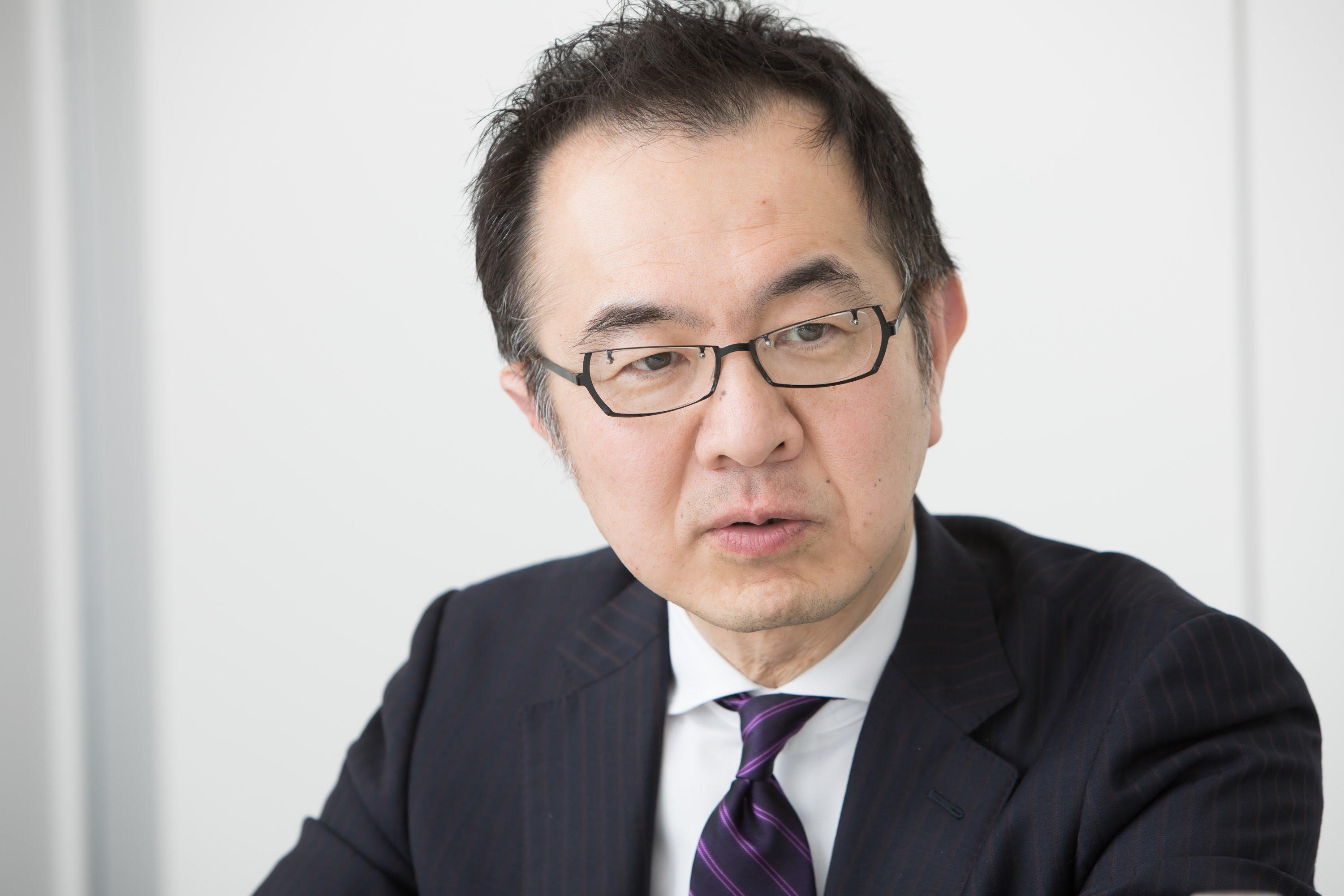
My research is undertaken with the underlying premise that consumer behavior is the main determining factor when conducting marketing. Moreover, it is my contention, or perhaps "aspiration," that there are actually superb aspects to Japanese marketing. While there was a time when Japanese marketing inevitably lagged behind that of other countries, if you visit the United States today you will notice the extraordinary number of Japanese cars on the roads. Similarly when we go to world heritage sites we see that everyone has Japanese cameras. This does not merely point to the excellence of these technologies but, I believe, also attests to the excellence of their marketing. I would speculate that what is important here is that this excellence be translated for other markets throughout the world in a thoroughgoing fashion.
"High Levels of Openness" in Both the Behaviors and Lifestyle Modes of Centenarians
ARAI: I found your allusion during your lecture to the method of "grouping" consumers extremely intriguing. Can this "grouping" be concretely defined?
SHIMIZU: I think what you are referring to here is the Kikimimi [ear to the ground] Panel which classifies consumers into five groups. Some of these however contain trade secrets [laughs]. Simply put, this brings together information sensitivity, or biases, and lifestyles. We focused on this when considering how to situate lifestyle sensitivities in terms of how they relate to the branding of a product or to brand names. In fact, we conducted a questionnaire survey at various universities to determine what kind of car or what kind of watch those surveyed would purchase. Interestingly, particular product biases were determined according to the university from which respondents originated.
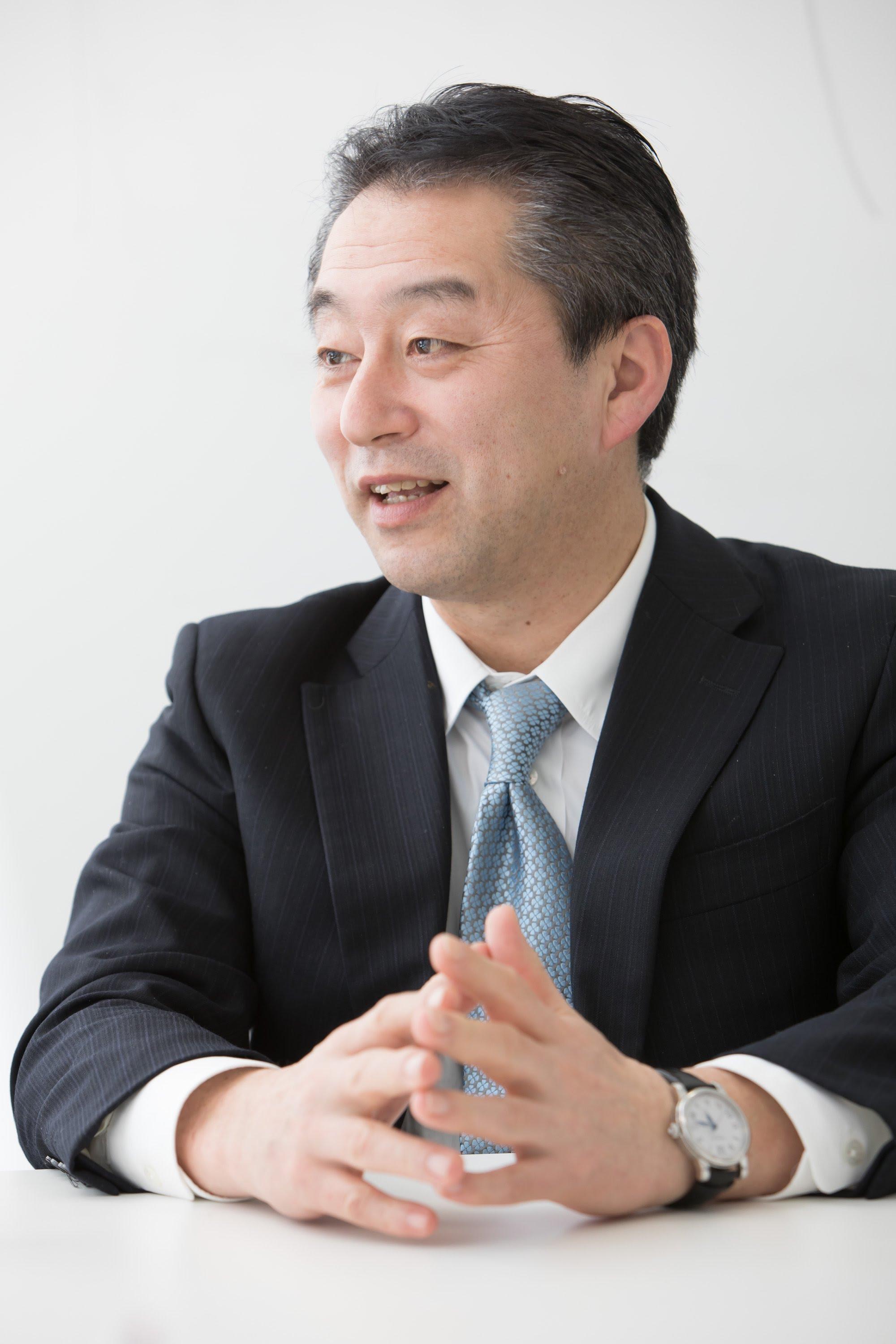
ARAI:When we surveyed the personality traits of centenarians one of the things which stood out was the "high degree of openness" which they shared. A high degree of openness infers that a person likes new things, and are accepting of the inevitability that "things will change." This prompted me to think that this would likely match with your Kikimimi framework. The statement that "highly-educated people live longer lives" points to lower incidence of smokers and lower obesity rates - what might be called healthy behavior patterns - among persons with long academic records, and that this has the potential to be used as an indicator of longevity when we analyze lifestyles. This is the case not just in Japan, but throughout the world.
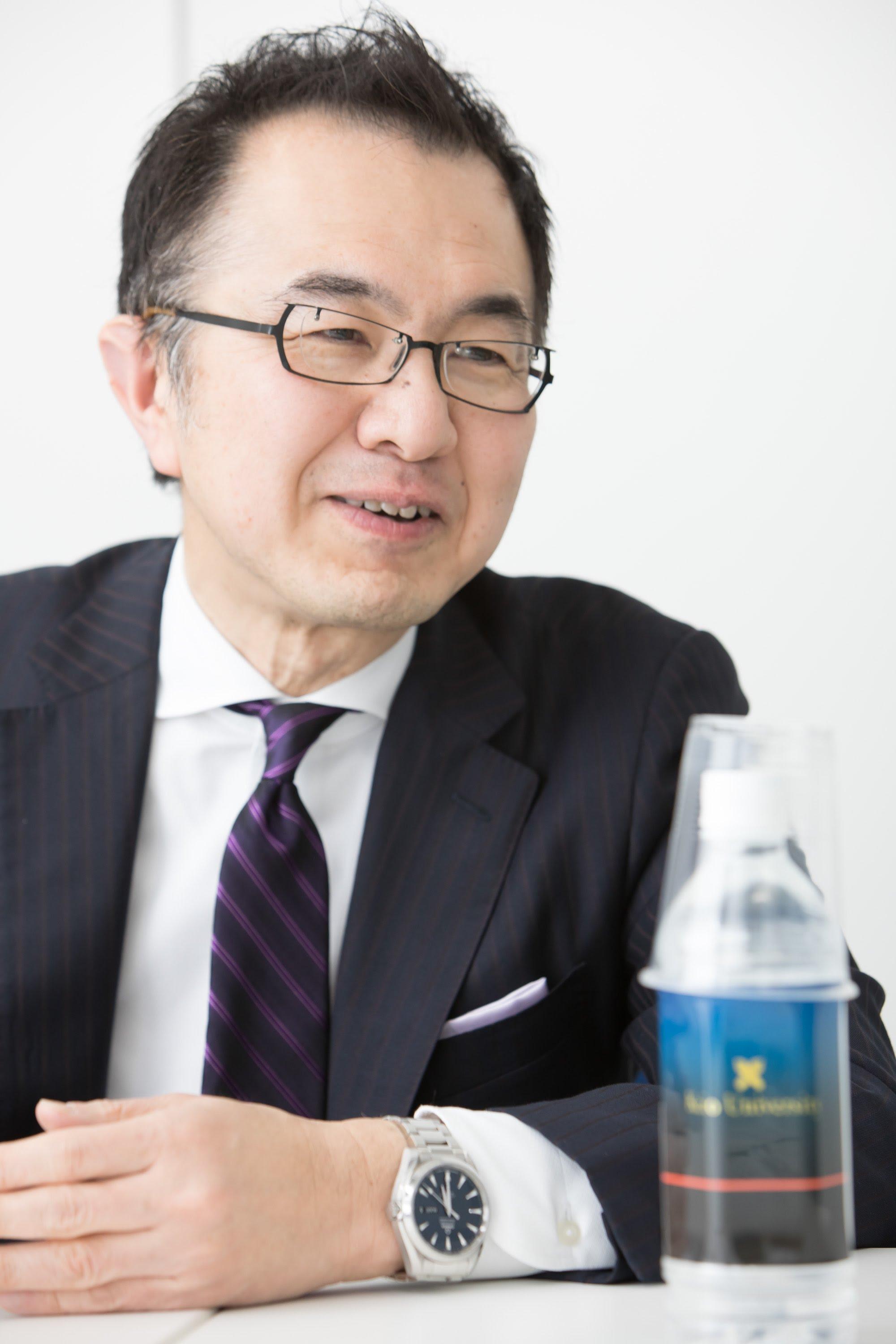
SHIMIZU:When we say "degree of openness," while I am less sure about putting this in monetary terms, this is intended to refer to the fact that those who actively consume are more likely to live for a long time. That said, we cannot establish the reality of this right up until the end of subject's lives, meaning that it is hard to fully test the veracity of this assertion. What I will say though is that you gave me the real sense that the "active elderly" to which you refer will have characteristics congruent with the lifestyles discussed in the Kikimimi Panel in actively engaging in consumer behavior.
ARAI:When we previously analyzed the personalities of centenarians we found that many of the men had exacting natures, or were what some people refer to as neurotic personalities. What I realized as I listened to your talk was that this would incline them to being "persons who notice the signs of, and take steps to counter, illness at an early stage."
This in turn suggests that if we classify subjects by "Type of lifestyle chosen," rather than looking at what they eat or whether they smoke, this could better allow us to make predictions on longevity.
SHIMIZU:Would I be right in saying that choices directly equate with behaviors?
ARAI:Yes, that's right. I believe that if we could analyze the principle values dictating the behavior of particular individuals this would facilitate predictions on their potential longevity.
The "Integration of Research Methodologies" Evident When the Humanities and Sciences are Integrated
SHIMIZU:I also found the differences in our respective survey methods of great interest. While our primary means of obtaining data was by mass observation online, I noted with interest that you undertook individual interviews with supercentenarians. I was struck that going forward if we conduct face-to-face interviews with subjects this would also allow us to achieve a more rigorous grasp of the background issues than our current survey methodology.
ARAI: I think this is something that becomes particularly apparent during interviews, but not everyone aged 85 shares the same characteristics, and the same holds true for centenarians. There are broad variations which become more pronounced as age advances. This is why it is necessary to survey many people, a lot more than a mere 100 or 200.
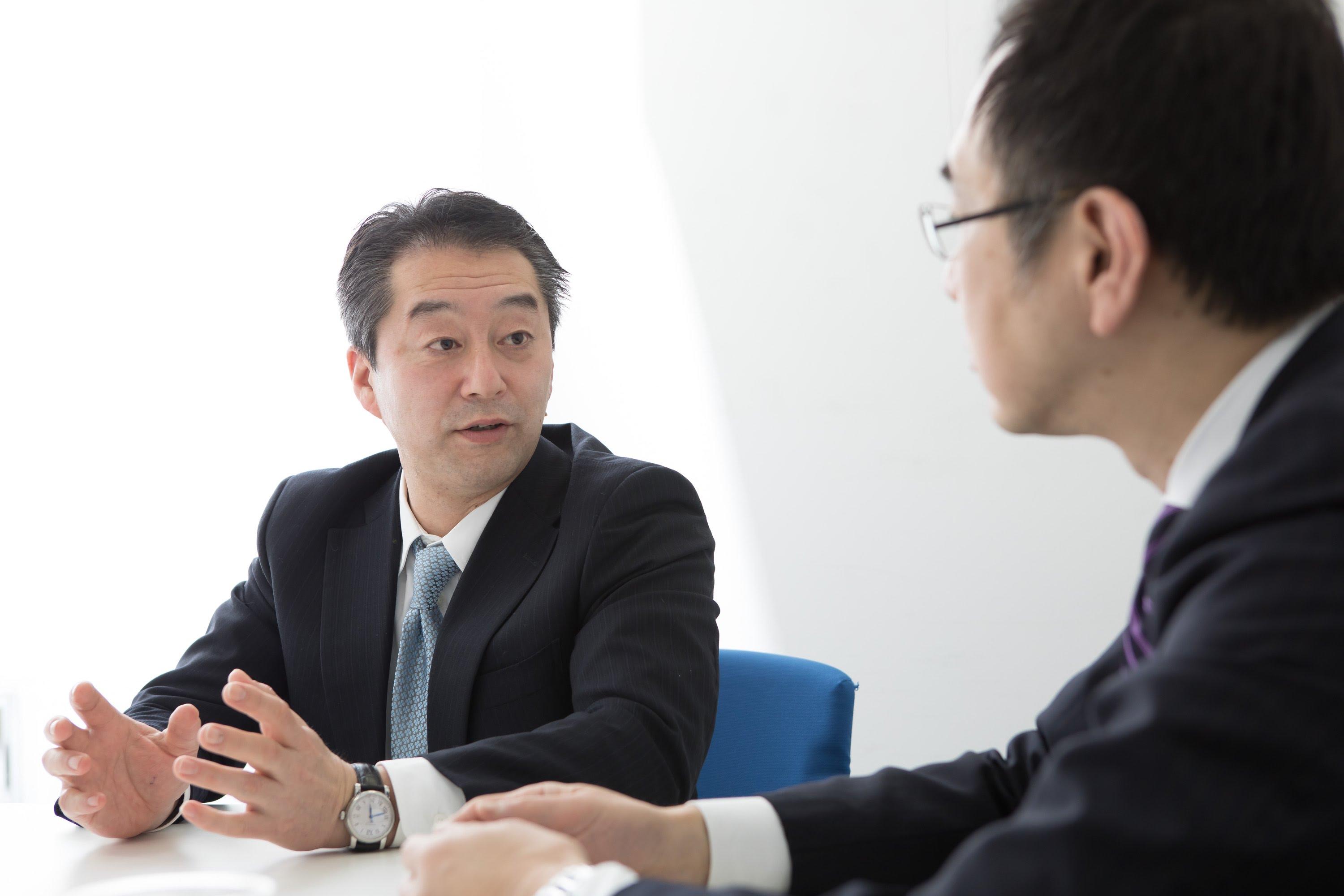
In fact, medically speaking, data for recommendations is only available on how much one should eat and exercise, and so on, up until the age of 70. For those aged 70 and over, everyone is bundled into the same category. This means that, despite the pronounced extent to which Japan has become an aging society, ultimately no particular recommendations are in place for healthy lifestyles of this age group. This is precisely why I would hope that we can help to create recommendations for persons aged 85. On this point, is my understanding correct that you wish to create consumer behavior standards from the age of 70 on the basis of your research data?
SHIMIZU:Indeed it is! While this also produced highly interesting data, the current convention in the marketing world is for most survey data to be obtained online, and, interestingly, Japan is the sole country for which accurate responses by those of 70 years and older can be secured.
ARAI:Oh my, really?
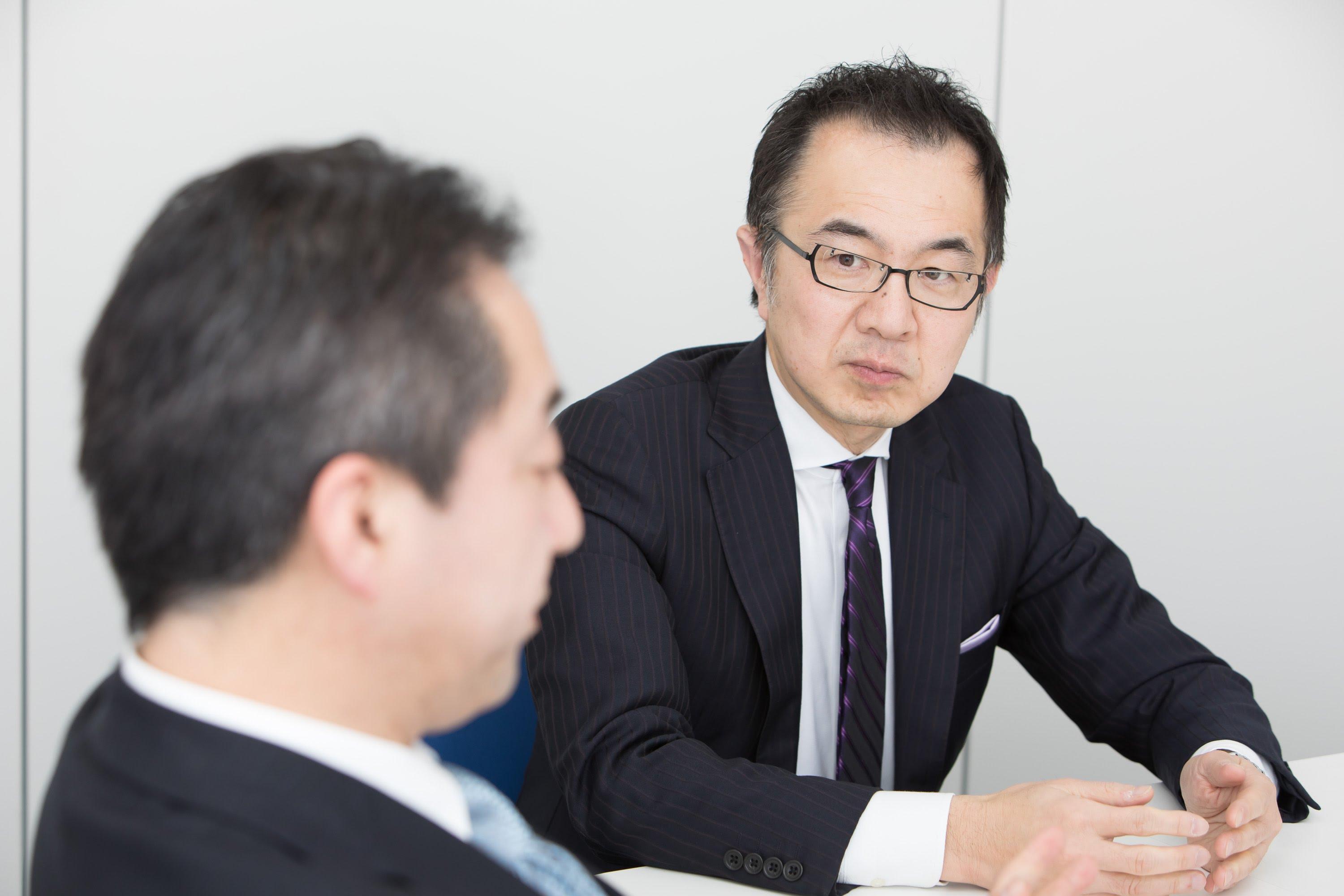
SHIMIZU:As you have mentioned it is not possible to get such responses even in the United States. Of course their population is also greater than that of Japan. However, when surveys are conducted in the United States as a general rule they will only produce truthful responses from around 20 to 50 percent of those surveyed. This is complicated by the fact that as subjects advance in age, the percentage of such subjects providing responses which are not reflective of reality increases.
ARAI:We ask supercentenarians to submit to an interview of 30 minutes to one hour in the name of medical research. In addition to running tests to confirm their levels of forgetfulness, blood tests, and so on, what is most important is to survey and study aspects which relate to "aging mechanisms." This will include aging of the brain and heart. The reason this is important is that when one attempts to apply real medical advances to centenarian research, such as those for the prevention of dementia, it becomes imperative to single in on the aging of the vital organs.
Conversely, the facets of centenarian health not covered by medical research will also deteriorate in time. I believe that further provisions for health should be in place for centenarian's sense of satisfaction and contentment during this period of "sub-optimal health." This means that our ultimate "aim" as such is not healthy lifestyles.
SHIMIZU:Certainly, I have the impression being healthy is a choice but that the more we age the more this choice becomes a question of living a life so as "not to get sick." We are not particularly considering any other possibilities.
ARAI:Yes, that makes sense to me and it is my hope that interdisciplinary research, rather than excluding subjects from studies as soon as they lose their health, would instead be premised on integrating the humanities and science. In this way it would transcend the scope of medical science to take in aspects such as the subject's sense of contentment or satisfaction, which fall "outside" health. This is an area with which we as medical doctors struggle somewhat.
I Would Like Us to Put Our Heads Together to Consider Longevity from Both Directions in the Integration of the Humanities and Science.
SHIMIZU:As a marketing researcher I believe that there may well be commonalities among what allows "people to live a long life" and what makes "products live a long life". Long-seller brands, for example "Kappa-Ebisen" snacks made by Calbee, Toyota Crown, or Coca Cola, are exemplars of this. Some of the products in this category of long-sellers have devotees only among the elderly; and some of these are likely to also appeal to younger people when reappraised and presented in a new light.
This may contain the key to what makes both commodities and people long-lived. There must be a way to leverage the kind of vitality possessed by both long-seller products and long-living people. There may also be similarities in the logic which dictates this, and this suggests that elucidating this logic would almost certainly facilitate research integrating the humanities and science.
ARAI:That is an interesting way to think about it. There may be ways in which these are interconnected.
Ultimately I feel that the major premise of research on centenarians and health and longevity would be to show the way to the creation of "A society which revels in longevity and long lives." With such a pronounced increase in the numbers of elderly citizens it is inevitable there will an increase in those suffering from anxiety as health issues associated with old age such as dementia come to the fore with increasing speed.
This is why we say that "We would like as many people as possible to be healthy"; but this approach is nonetheless not without its limitations. Long and healthy lives are of course the ideal, but there is no realistic way that everyone will live till the age of 100. It is impossible to remain active and in good health forever.
So what then should we do?
I think this is the point at which we should invoke the idea that even though we may not be in good health to the very end we can remain in a contented state. This could be called a universal truth rather than one which is confined to Japan. However, I think it would be difficult to ask the state to be involved in realizing this "contentment." The private sector must also do their best to play a part.
SHIMIZU:Absolutely. I get the feeling that we are digging the same "tunnel" but from different directions. If people who are in good health do not enjoy being consumers in the context of a declining population we will encounter difficulties. These are the kinds of consumption trends with which we are wrestling. I hope that there is room within this to allow for the creation of products which effectively deploy the money not used needlessly on health care.
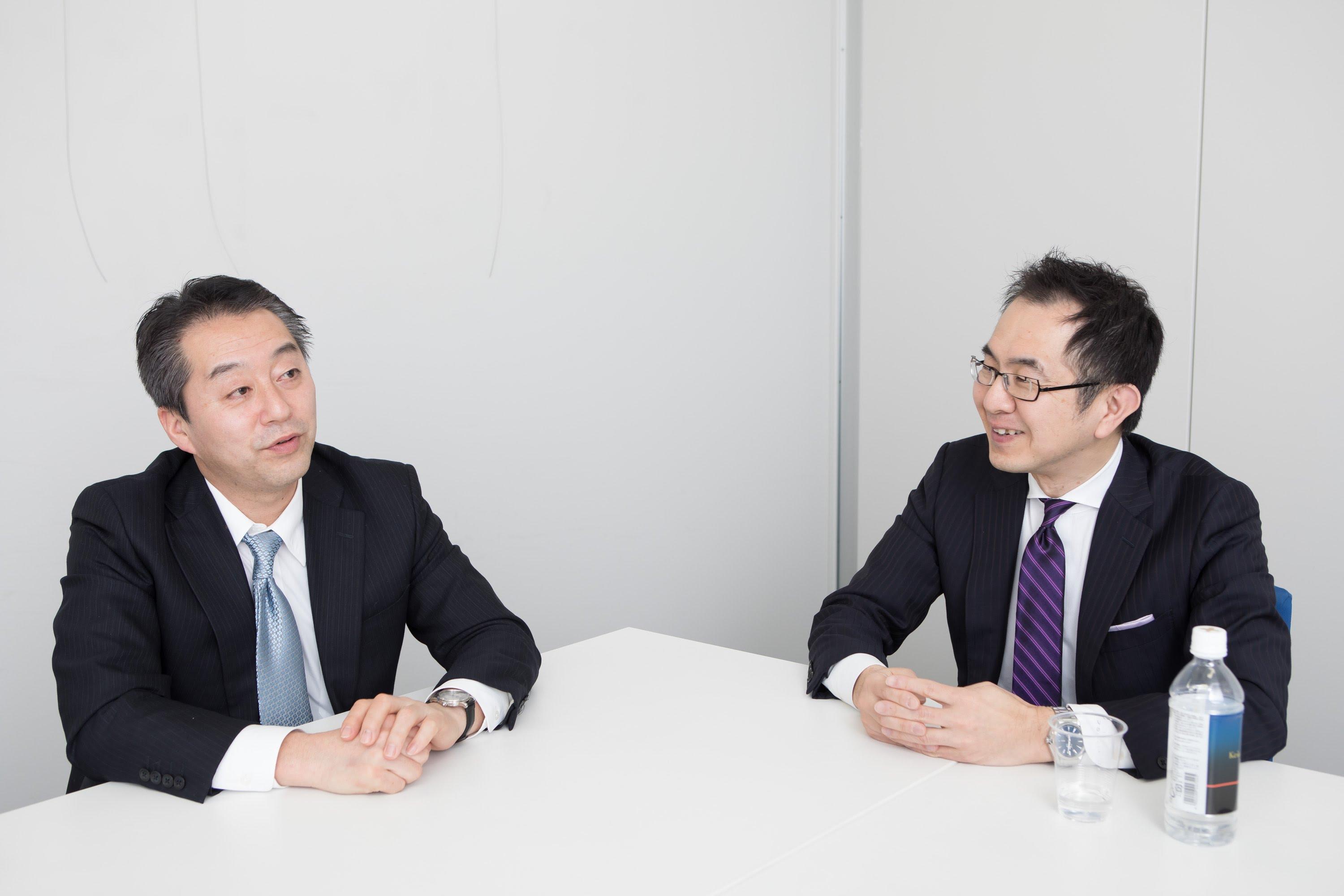
ARAI: I would speculate that by asking the public to make their "future anxieties" a little clearer, we might also be able to change their attitudes. It would be good to make it more clear how they might calculate the approximate amount they will need for nursing care, and roughly how much should be put set aside for when they get old.
In medical terms, tests, for example on genes, may one day make it possible to predict illnesses or life expectancy to a given extent. However, I feel that our particular role is to clearly elucidate a vision of a society in which people live somewhat longer.
The deceptively similar awareness of the issues involved which come within the scope of your specialization of consumer behavior strikes me the more we talk. This is surely because the question of health is no longer a question of individual concern but is instead becoming one of society or of systems. I would be delighted if we could create a future society which will encourage long and fulfilling lives.
SHIMIZU: If you were able to even approximately predict "How long you will ultimately live" - for example, that there is a 70% chance that you will live to within 3.5 years either side of 80 - I think you could then accordingly plan out your life. Albeit that this may be a somewhat strange example, the past held the reassurance that a lifetime would involve "Retiring at 55 and dying at 70." I think this may have made it easier for people to plan out their lives. However in our aging society it is not so easy to make such predictions. I think that is the source of anxieties.
A person becomes inexorably inward-looking when they are dealing with anxieties. From our perspective such inward-looking persons will cease to spend, and from yours they will lose their health if they do not engage with the outside world. Subjects might well resolve to make an effort to go into the outside world if we are able offer them approximate predictions, that say there is a 70% chance that they will live to an age of within three years under or over 80, or conversely that there is only a 30% or 15% chance that they will reach this age.
From a medical viewpoint I think that health is the basis for calculations. But, if we can offer predictions of the future, subjects will also be able to make reverse calculations as to how much money they should put aside to allow for this. I would be delighted to create a society in which this scenario was conceivable.
ARAI:On closer scrutiny, research on centenarians, rather than an issue of the elderly, is an issue for greater society as a whole. This is an issue about which we should all be thinking.
By changing attitudes to health so that even the elderly, rather than thinking of health as an "objective," see it as a "value" - if we can then increase awareness of health being something in which we must invest, I believe that we might go so far as to say that it will become "easier to live" without any further burdens on society.
SHIMIZU: As the number of elderly increases so markedly and we become an aging society, the elderly will cease being a novelty. After all, the elderly are still consumers. This is the context in which debates on the livelihoods of the elderly are gradually proliferating, even among undergraduates.
Such debates include those on the issue of dementia and what to do when a person is no longer able to manage daily life on their own; how persons whose cognitive abilities have diminished should be supported in managing their finances; and other such protocols.
I have the impression that rather than just medical issues, decisions as they pertain to health facing the elderly, such as whether or not they should buy stocks, are now also a question of livelihoods. For such facets of the debate I would be pleased if we could share our fundamental knowledge on elderly health with the students of our respective faculties. We could then have students make various proposals which might feed into the creation of business models.
One realizes that these kinds of challenges surrounding the elderly are of relevance to various faculties just by going to places where nursing care goods are on sale. This is precisely why research across faculty lines is meaningful. I hope that this ultimately means that we would not just confine ourselves to producing good research outcomes, but that our research might give rise to Keio-driven business ventures. We already have both the School of Medicine and the Faculty of Business and Commerce, so it would be great if they could come together and that Keio initiatives might result from this research. We know, for example, what healthy people eat, but might it not be interesting to try and encourage this kind of eating on campus, perhaps at the cafeterias?
ARAI : This is surely the essence of Jitusgaku, the Keio philosophy of empirical science.
SHIMIZU:It would also, I hope you agree, be interesting if the School of Medicine and the Faculty of Business and Commerce could jointly market products. The School of Medicine could act as coordinators putting together packages of "Longevity treats." Products conceived and created by educators from the School of Medicine and students from the Faculty of Business and Commerce would improve the image of a society of longevity. It would delight me no end if Keio could play its part in spreading this message.
